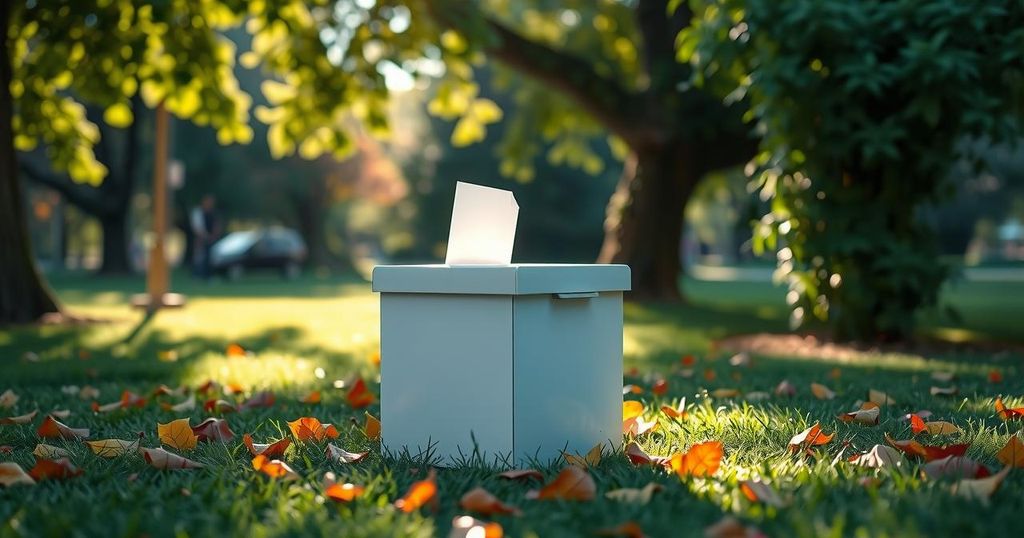Following Donald Trump’s second inauguration, many eligible voters who chose not to participate in the 2024 election have shared their thoughts online. Responses vary from regret and disappointment to indifference and principled abstention, highlighting a wide range of feelings about the electoral process and personal values. These discussions reflect a significant portion of the American electorate grappling with their roles in democracy amidst political tensions.
As the nation grapples with the implications of Donald Trump’s renewed presidency, many eligible voters who abstained from participating in the 2024 election are voicing their sentiments online. With Trump promptly signing various executive orders that stirred both support and anxiety across the political spectrum, disenfranchised voters reflect on their decisions with a mix of regret, indifference, and rationalization. Conversations highlight a spectrum of opinions, revealing the complexity of feelings surrounding their choice to abstain.
One voter expressed deep regret, stating, “I didn’t vote for president. I have a hard time with the whole ‘lesser of two evils’. However, now, I feel like absolute sh*t and regret that decision more than ever.” Another noted their distaste for politics, asserting, “IMO, 99% are liars just interested in gathering more wealth.” Others maintained their stance with responses like, “I feel stupid,” and countered, “I refuse to play the ‘lesser of two evils’ game.”
There were those who took a more principled stand against the voting system. One commenter reflected on their choice by saying, “On principle, I wasn’t voting for any candidate who couldn’t acknowledge the Gaza genocide. I feel justified in that. You don’t equivocate on genocide.” This sentiment was echoed by a voter who noted, “I participated correctly in our democracy,” implying a moral obligation to abstain rather than compromise their values.
Interestingly, some expressed indifference or satisfaction with their decision not to vote. A participant indicated that they had never voted and felt “absolutely great” about it. Another added, “I still feel that I had more to gain by not voting than voting.” This underscores a prevailing feeling among certain voters that they remained unaffected by either outcome.
Overall, discussions surrounding non-participation in elections reveal a significant divergence in perspectives, primarily characterized by regret, a desire for authenticity, or a pragmatic resignation to the electoral process. As the country navigates new political terrain under Trump’s leadership, these conversations depict a populace grappling with their roles and responsibilities in a democratic society.
In summary, the varied responses from those who did not vote in the 2024 election reflect a deep sense of introspection and debate regarding the effectiveness of their participation in democracy. Although some express regret, others find solace in their abstention, arguing against the perceived limitations of the voting system. Ultimately, the discourse illustrates a complex relationship with the electoral process and a commitment to personal convictions over party politics.
Original Source: www.buzzfeed.com






